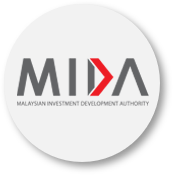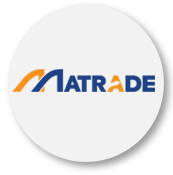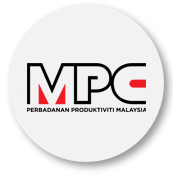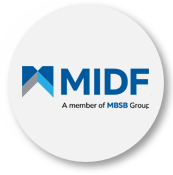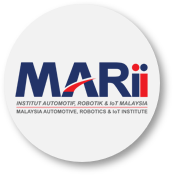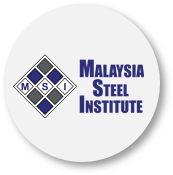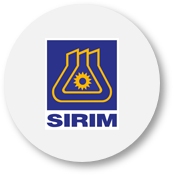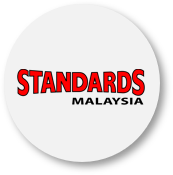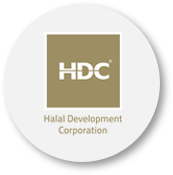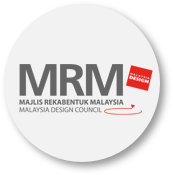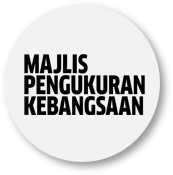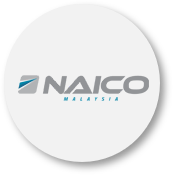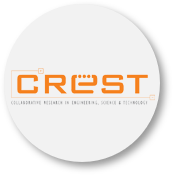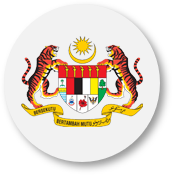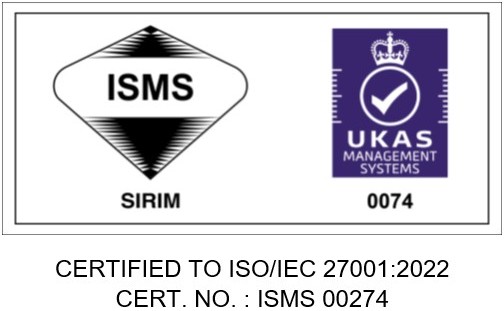ASEAN Economic Ministers(AEM)-MITI Japan Economic And Industrial Cooperation Committee(AMEICC)
The Second ASEAN-Japan Summit held in Hanoi in December 1998 had agreed to set up the AEM-MITI Economic and Industrial Cooperation Committee (AMIECC) to replace the defunct Working Group on Economic Cooperation in Cambodia, Lao PDR and Myanmar (CLM-WG).
With the accession of Cambodia, Lao PDR and Myanmar into ASEAN, both ASEAN and Japan had felt the need to expand the focus and the scope of the work done under CLM-WG through the creation of AMEICC, so as to gain maximum benefit from cooperation programmes with Japan.
AMEICC is co-chaired by an Economic Minister from ASEAN and the Minister of International trade and Industry Japan.
The Fourth AMEICC Meeting was held on 12 September 2001 in Ha Noi, Viet Nam. The meeting was co-chaired by both the Minister of Commerce, Cambodia on behalf of ASEAN and the Minister of MITI Japan.
The Meeting noted projects under the AMEICC Work Programme which was effectively implemented as scheduled, in particular, the strengthening of the COEs in ASEAN and their networking, and the dispatch of experts and deployment of equipment to COEs in the new member countries.
An outcome of the Overall ASEAN Industrial Competitiveness Study was presented during the Meeting.
The AMEICC Work Programme is aimed at improving ASEAN's competitiveness, enhance industrial cooperation in ASEAN and provide development cooperation assistance to the new member countries.
To ensure timely and effective implementation of the Work Programme, the various working groups tasked to implement AMEICC activities also have to ensure that activities be output oriented and time bound, adequately funded and can report deliverables annually to the Ministers.
In addition, all Working Groups have been tasked to ensure that existing activities be fully implemented before embarking on any new initiatives.
-
The focus of the AMEICC Work Programme is to:
- Improve ASEAN's competitiveness;
- Enhance industrial cooperation in ASEAN; and
- To provide development cooperation assistance to new ASEAN members.
-
Eight working groups have been established under AMEICC to implement its work programme namely in the areas of:
- Automobile;
- Chemicals;
- Consumer Electronics;
- Human Resource Development (HRD);
- Supporting Industry/SMEs/Rural industrialization;
- Statistics;
- Textile and Garment; and
- Development of the West-East Corridor.
-
Additionally,
ten existing ASEAN Working Committees have also been tasked to
implement the AMEICC Work Programme related to their respective areas
namely:
- Standards and Quality;
- Industrial Cooperation;
- Agriculture and Forestry;
- Customs Matters;
- Services;
- Minerals;
- Electronic Commerce;
- E-ASEAN;
- Information Infrastructure; and
- Intellectual Property.
Main progress by the some of the AMEICC Working Groups are:
- Working Group on Human Resources Development
The HRD WG is working on a 3-year Centre of Excellence (COE) Comprehensive Programme, i.e. 2000-2002 with the objective o strengthening the functions of COEs and networking among COEs and other HRD-related institutions.
- Working Group on West-East Corridor Development
Projects listed for implementation under the work programme are:
- Master plan for Tourism along the WEC
- Feasibility Study on light Industry Development in Cambodian-Thailand Border
- Training for International Trade and Industry and Investment
- Development of agro industries in the West-East Corridor of the Greater Mekong Sub-region.
- Organisations of trainings for telecommunications services.
- Working Group on Small and Medium Enterprises/Supporting Industries and Rural Industries
The work plan is as follows:
- Training on Promotion of SME Supply Chain Management
- Policy conference on IT/commerce
- Training on Basic industrial production techniques
- SME management Consulting System
-
Working Group on Automotive Industry
- Japan's new initiative entitled "CLMV Automotive Repair and Maintenance Traning Programme" was launched for implementation in 2002.
- Roving Automotive Experts Dispatching Service was launched. Experts from Japan were dispatched to Philippines in May 2001 and Indonesia and Malaysia in July 2001.
- ASEAN Industrial Competitiveness Report
- The study was mooted by a proposal by YB Minister of International Trade and Industry at the 1st AMEICC Meeting in Bangkok in November 1998 as part of an ASEAN recovery Plan involving the public and the private sector.
- The study was carried out by Institute of Developing Economies (IDE-Jetro) under the sponsorship from METI Japan with joint collaboration efforts with 5 other research institutions in ASEAN including MIER Malaysia.
- The study was completed in July 2001 and tabled to AMEICC Ministers in September 2001.
- The purpose of the overall study is to focus on the economic scenario and impact amongst ASEAN countries especially after the economic crisis in 1997 and to survey recent trends of industrial competitiveness in ASEAN in term of sectoral competitiveness.
- Two speakers from IDE-JETRO and METI Japan held a series of seminars in all ten ASEAN countries in February 2002 to present the findings of the Study and discuss with participants from both private and public sectors.
- The successful conclusion of this Study signifies Japan's seriousness to assist ASEAN members in their economic recovery process and to cooperate with ASEAN in its long-term economic integration and cooperation process.
- ASEAN is also in the midst of preparing an ASEAN Competitiveness Study to be presented to the Leaders at the 8th ASEAN Summit in Cambodia at the end of this year. Thus this Japan-led study was a useful guide while waiting for the results of the overall ASEAN Competitiveness Study.
Last Updated 2015-05-14 12:00:37 by admin2







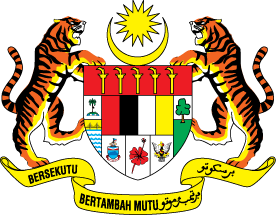





 Home
Home








